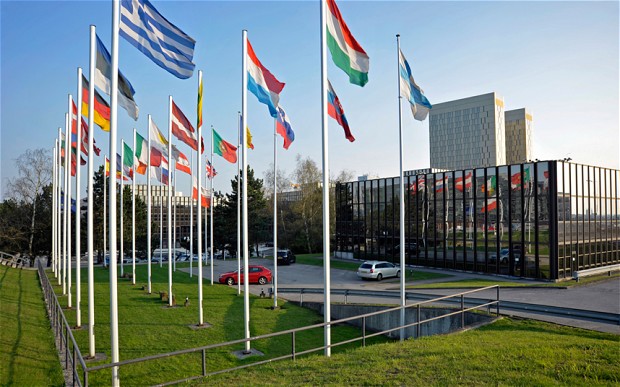Google will fight the Right to be forgotten in EU Court
September 12, 2018 | Expert Insights

The tech giant has been fighting for the rights of its end user’s data to be expunged from its databases.
Irrespective of the verdict, this is a landmark case which will define the rights of an individual and their online data.
Background
Google LLC is an American multinational technology company that was founded in 1998 by Larry Page and Sergey Brin while they were Ph.D. students at Stanford University, California. It specializes in Internet-related services and products. These include online advertising technologies, search, cloud computing, software, and hardware. In August 2015, Google announced plans to reorganize its various interests as a conglomerate called Alphabet Inc.
The European Union (EU) is a major world trading power which operates as a single market with 28 countries. EU economic policy seeks to sustain growth by investing in transport, energy and research while promoting sustainable development. In terms of the total value of all goods and services produced, it is larger than the American economy with a GDP of €15.3 trillion in 2017.
The European Commission (EC) is the executive arm of the EU which is responsible for drawing up proposals for new European legislation and implementing the decisions of the European Parliament and the Council of the EU. Established in 1958, it manages and allocates EU policies and funding. It ensures that the EU laws are applied properly in all member nations. It also represents the Union internationally and negotiates agreements on its behalf.
Analysis
Google clashed with France in a top European Union court, arguing that it feared for freedom of speech if forced to apply Europe's "right to be forgotten" principle worldwide.
"The court is hearing a wide range of testimonies today, which is highly unusual for a case like this," said a legal source at the European Court of Justice (ECJ) in Luxembourg, on condition of anonymity.
The two sides are battling over a shock 2014 decision at the same court that imposed a right for individuals, under certain conditions, to have references to them scrubbed from search engine results.
The US tech giant firmly opposed the decision but complied with the ruling by delisting search references once requested across its European domains, such as Google.fr or Google.de - but not Google.com or domains outside the European Union.
France's data regulator, the Commission Nationale de l'Informatique et des Libertes (CNIL), opposed the distinction and said the firm should apply the delisting to all extensions, regardless of the national domain name.
In 2016, CNIL fined Google €100,000 (S$160,000) for non-compliance, and Google appealed the case to France's highest court, which in turn has referred to the ECJ for an opinion.
Google argues that its application of the right to be forgotten is already effective in France for well over 99 percent of searches. It also adds that the company has imposed geo-blocking technology for EU searches that attempt to use non-EU domains to access de-listed information
Lawyers for CNIL believe that a global implementation for the EU's "right to be forgotten" is the only the way to ensure European rights are upheld. The EU court judges heard a long list of stakeholders, including lawyers from CNIL and Google, as well as representatives from human rights groups that fear abuses of the EU's "right to be forgotten" rule by authoritarian states outside the bloc.
Assessment
Our assessment is that Google’s lawsuit in the EU court will result in a landmark decision which will influence the nature of data protection online. This is not the first time Google is clashing with the EU over its policies, as it received a $5Bn fine this year for anti-trust violations. We believe that this lawsuit will change the legal scholarship on digital data protection and the right to privacy of an individual.








Comments